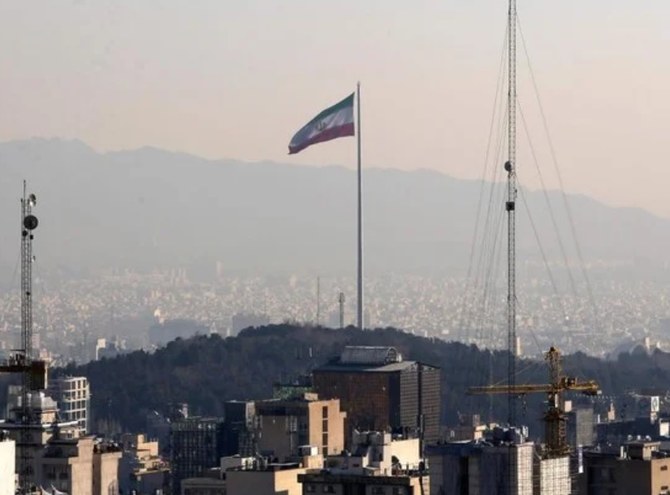LONDON: Iran has sentenced a mentally ill man to death on apostasy charges for allegedly burning a Qur’an during an anti-regime protest, with rights groups warning that the 35-year-old was severely tortured in custody and faced an unfair trial, The Guardian reported on Thursday.
Javad Rouhi, from a village in northern Iran, was sentenced to death on three charges: Waging war against God, corruption on Earth and apostasy.
After his arrest, he was transported to a detention facility overseen by Iran’s Islamic Revolutionary Guard Corps. He was left unable to speak and walk after suffering extreme torture while in custody.
His family were only permitted one visit before his court hearing, with his father saying: “They didn’t allow any more visits or phone calls after that.”
Rouhi, who suffers from severe mental illness, was accused of entering a local traffic police headquarters last September, along with two others, and setting the building on fire, including copies of the Qur’an.
Iran state media reported that he had “confessed to the fact that he destroyed the headquarters and set it on fire.”
Rouhi was prevented from hiring a lawyer of his choice, with court authorities requiring him to be represented by a state defender, Habibullah Qazvini.
Qazvini said during the trial: “The review of the CCTV footage and the statements of Javad Rouhi only show his presence at the gathering place, and there is no evidence that he participated in burning and destroying public property.”
He added: “Javad had separated from his wife due to mental illness and unemployment; in September, he had gone to Nowshahr to meet his ex-wife and try to bring her back. He didn’t have any money, so he had slept on the street during those few days in Nowshahr before his arrest.”
In further evidence of an unfair trial, Rouhi’s charges were also connected with the deaths of five protesters who rights groups say were killed by Iranian security officers.
Norway-based Iran Human Rights said: “At least 109 protesters are currently at risk of execution, death penalty charges or sentences. This is a minimum, as most families are under pressure to stay quiet; the real number is believed to be much higher.”


























